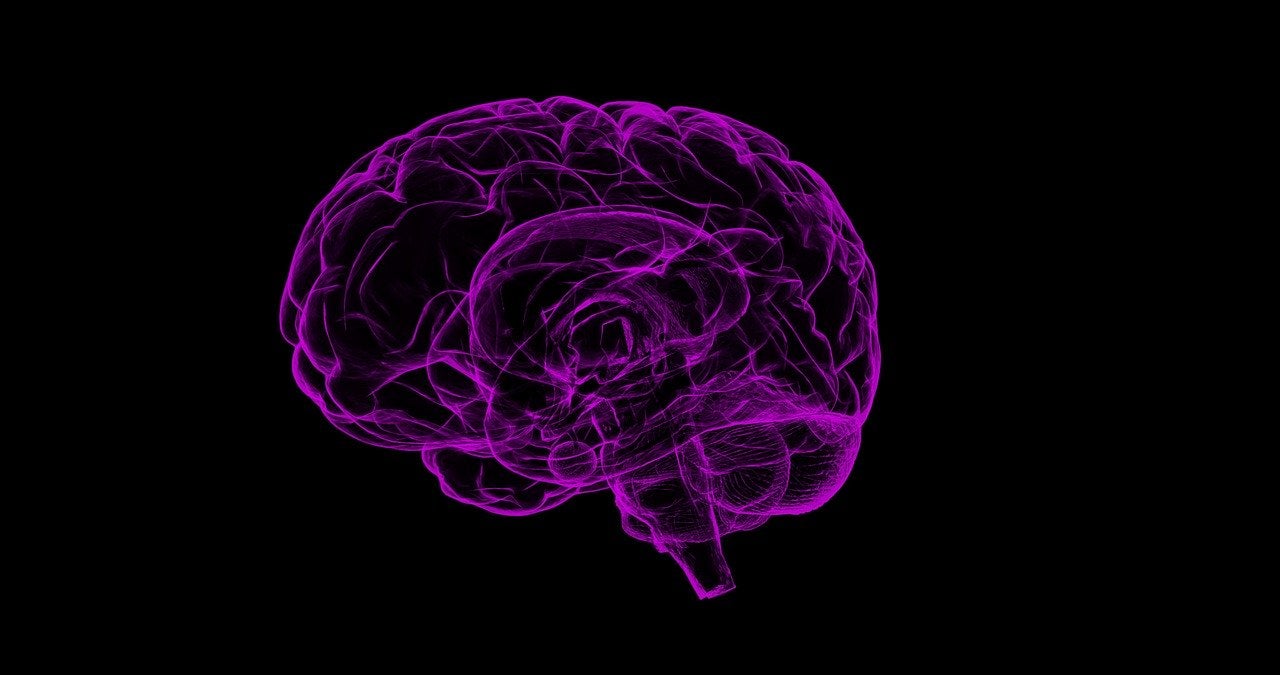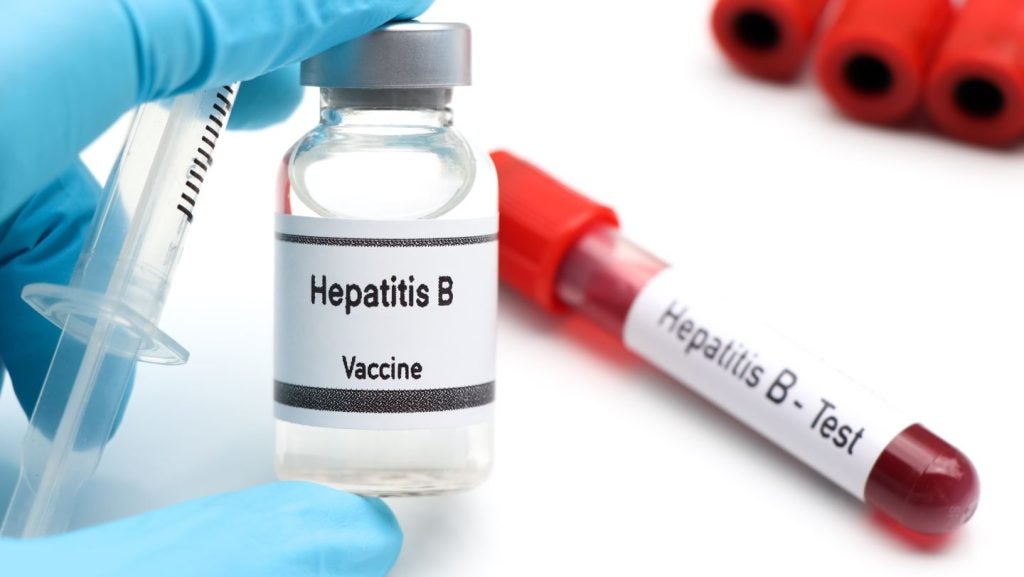
Boehringer Ingelheim has announced that BI 425809 has improved cognition in stable adults with schizophrenia in a Phase II clinical trial.
Results showed that the Gly-T1 inhibitor met its primary endpoint in the 12-week placebo-controlled trial. BI 425809 is a key candidate in Boehringer’s Central Nervous System (CNS) research programme.
Named Study 1346.9, the randomised, double-blind, parallel group Phase II trial was performed in schizophrenia patients on stable treatment in 11 countries.
It assessed the efficacy and safety of add-on, once-daily, oral BI 425809 at a 2mg to 25mg dose for 12 weeks.
According to the company, the study findings indicate that the drug candidate may improve cognition in patients with cognitive impairment associated with schizophrenia (CIAS). BI 425809 was also found to be well tolerated.
The trial results were presented at the 33rd European College of Neuropsychopharmacology (ECNP) Congress.
How well do you really know your competitors?
Access the most comprehensive Company Profiles on the market, powered by GlobalData. Save hours of research. Gain competitive edge.

Thank you!
Your download email will arrive shortly
Not ready to buy yet? Download a free sample
We are confident about the unique quality of our Company Profiles. However, we want you to make the most beneficial decision for your business, so we offer a free sample that you can download by submitting the below form
By GlobalDataThese data, as well as an ongoing Phase II trial of BI 425809 plus adjunctive computerised cognitive training, are expected to enable a further development plan for the drug candidate in schizophrenia.
Boehringer Ingelheim CNS, Retinopathies & Emerging Areas medicine head Vikas Mohan Sharma said: “This is a positive advancement in our mechanistic knowledge of how excitatory neurotransmissions affect aspects of mental illness, aligning with our systematic neurobiological approach to CNS research.
“We are making progress in developing treatments which will not only reveal important advances in our understanding of schizophrenia but also potentially other neuropsychiatric diseases.”
Patients with schizophrenia tend to have difficulty in processing information, remembering straightforward things, or perceiving other people’s emotions and expressions.
No pharmacological treatments are currently approved for CIAS.
Last week, Boehringer and Click Therapeutics partnered to develop and commercialise CT-155, a prescription-based digital therapeutic to help treat schizophrenia.
Further, Boehringer started patient enrolment for the Phase III InPedILD trial last month to assess nintedanib in children and adolescents aged six to 17 years with fibrosing interstitial lung disease (ILD).






